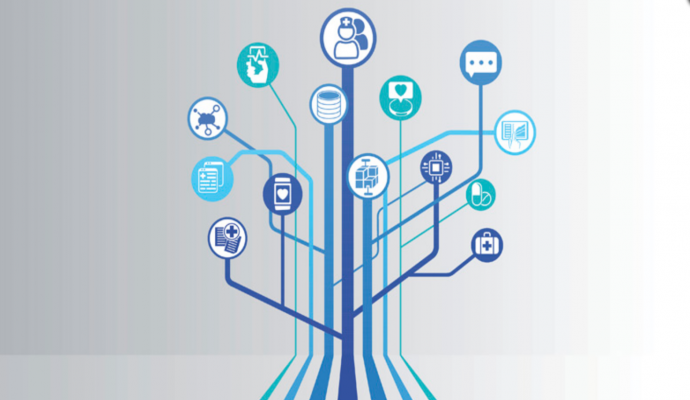Eli Lilly Starts Phase 3 Study of RA Drug as COVID-19 Treatment
The Phase 3 clinical trial will complement an ongoing NIAID trial to further understand Eli Lilly’s baricitinib as a potential COVID-19 treatment.

Source: Thinkstock
- Eli Lilly and Company recently announced that the first patient has been enrolled in a Phase 3 clinical trial to evaluate the efficacy and safety of baricitinib in hospitalized patients with COVID-19.
For more coronavirus updates, visit our resource page, updated twice daily by Xtelligent Healthcare Media.
Baricitinib, marketed as OLUMIANT, is approved in 70 countries for adults with active rheumatoid arthritis (RA). Studying baricitinib in controlled trials is important to better characterize its potential benefits and understand the safety of its use as a COVID-19 treatment.
Eli Lilly will enroll 400 patients in the randomized, double-blind study, which will be conducted in the US, Europe, and Latin America. Patients must have at least one elevated marker of inflammation.
The primary endpoint for the study is the number of patients who require non-invasive ventilation or invasive mechanical ventilation when treated with 4 mg of baricitinib daily compared to placebo by day 28, Lilly stated.
Study data is expected in the next few months.
"Lilly is committed to fighting this global pandemic, and this includes testing whether existing medicines including baricitinib could help treat the complications of COVID-19 in patients," Patrik Jonsson, Lilly senior vice president and president of Lilly Bio-Medicines, said in the press release.
"This randomized controlled study is an important step in our understanding of baricitinib as a potential COVID-19 treatment."
Community Health Network, out of Indianapolis, is one of the first sites participating in this study.
"While the approach to addressing COVID-19 continues to evolve, we're pleased to partner with Lilly in this trial to assess baricitinib's potential in the fight against COVID-19 and look forward to learning more about its impact on patients," said Patrick Milligan, MD, of Community Health Network.
Experts believe that through JAK1 and JAK2 inhibition, baricitinib may reduce the cytokine storm associated with the complications of COVID-19. Baricitinib may have a role in inhibiting the host cell proteins that assist in viral reproduction, which may reduce the ability of infected cells to make more virus.
The data from Lilly's trial will complement data from the study of baricitinib with remdesivir in the second phase of the Adaptive COVID-19 Treatment Trial (ACTT-2).
The study, run by the National Institute of Allergy and Infectious Diseases (NIAID) enrolled its first patient last month and assesses the efficacy and safety of the combination of baricitinib plus remdesivir, compared to remdesivir alone.
"Following upon the success of remdesivir to treat moderate to severe COVID-19, hospitalized patients are still in need of novel approaches to reduce mortality," said Vincent C. Marconi, MD, professor of medicine and global health at Emory University School of Medicine and Emory's Rollins School of Public Health.
"Several ongoing studies with baricitinib will provide necessary data about this treatment that may combine antiviral activity with suppression of cytokine storm."
Lilly stated that if research efforts for baricitinib in COVID-19 patients prove successful, the company will continue to create adequate supply to support both appropriate clinical and investigational use.
Experts are actively looking to pursue various treatments to combat COVID-19. Recently, antibody treatments are a complementary tool to fight COVID-19.
Unlike vaccines, antibody treatments don’t produce lasting protection against a disease. Instead, these treatments are meant to equip bodies with tools to immediately fight off an infection, or prevent an imminent contagion.
Last week, Eli Lilly announced that the first patients were dosed in the world’s first study of potential COVID-19 antibody treatments.
Lilly researchers developed the antibody in three months after AbCellera and the Vaccine Research Center at the NIAID identified it from a blood sample taken from one of the first US patients who recovered from COVID-19.
If Phase 1 results show the antibody can be safely administered, Lilly stated that it expects to move into the next phase of testing and study LY-CoV555 in non-hospitalized COVID-19 patients.
The company also plans to study the drug in a preventative setting and focus on vulnerable populations who are generally not typical candidates for vaccines.
